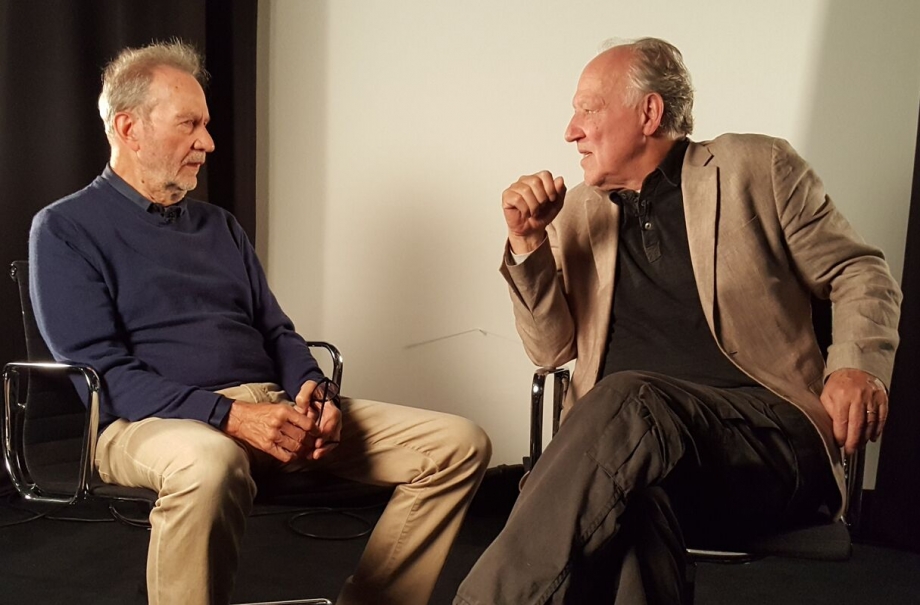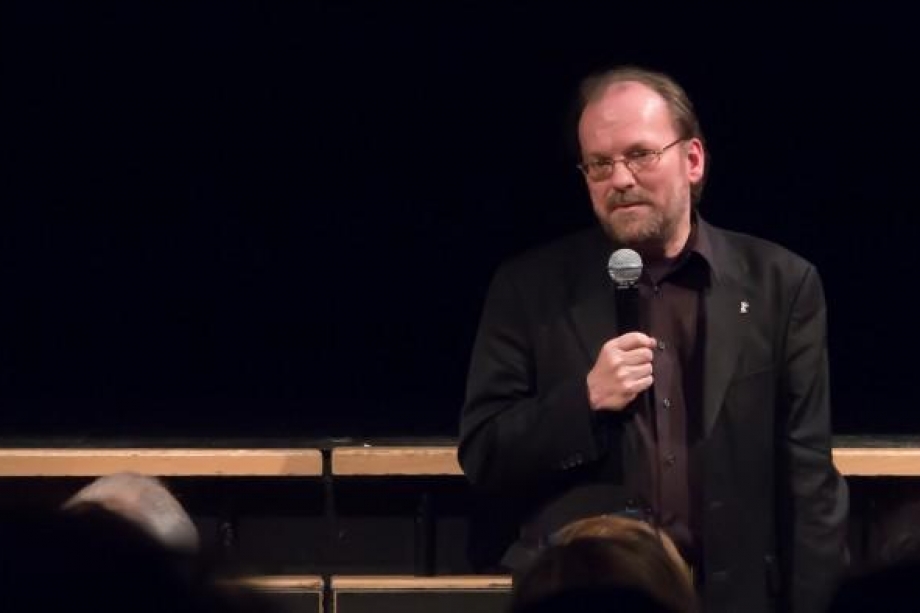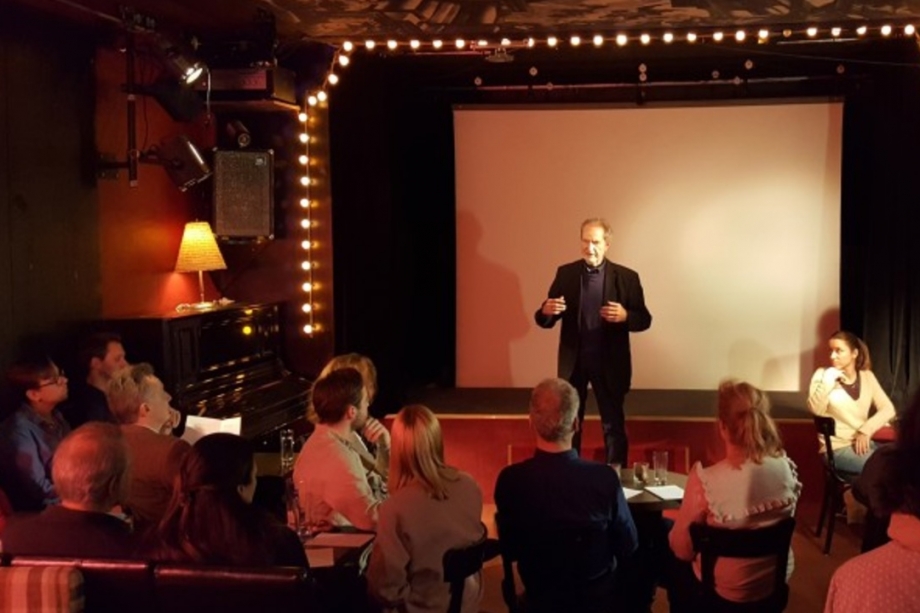



Keine sub Sektion
Filmmaker Edgar Reitz deals with the rules and limits of cinema, which he tries to break and expand in ever new ways. A great example of his untiring search and research are the stories of Kübelkind, made in 1969/70 in co-direction with Ula Stöckl; 22 abstruse, witty, subversive and anarchic short films of various lengths, which quite consciously and with astounding success opposed every convention. In their Dadaistic wealth of ideas the films are unrivalled to this day.
Edgar Reitz, Ula Stöckl, Werner Herzog, Alexander Kluge and other filmmakers and contemporary witnesses remember the conditions which made the Kübelkind and similar visionary projects possible 50 years ago. They are all moved by the question: What will the future of the moving image look like? And: Do we still need the cinema? Kluge says: "I assume that we have not walked away from the realm of visual impressions at all."

